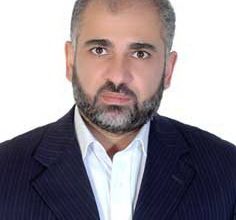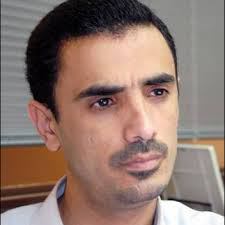
بقلم/ منى صفوان
محمد بن سلمان لم يعد يعرف اليمن، أو لم يعد يريد أن يعرفه، بعدما دمره بأموال الخليج وصمت العالم. بالأمس يصحّح كلمة أمير الكويت وكأن الأخير ارتكب جريمة حين قال الحقيقة: الحوثيون هم “السلطة المعنية” في اليمن، وهذه هي الحقيقة التي أثبتتها الاحداث، شاء من شاء وأبى من أبى.
السعودية تعرف ذلك جيداً، بل وتتعامل معهم على هذا الأساس منذ سنوات، في المفاوضات، وفي التهدئة، وفي تبادل الأسرى، وحتى في فتح المطارات والموانئ.
لا شرعية حقيقة في الارض !
الرياض تدرك أن “الشرعية” التي تدّعي حمايتها ليست سوى غلاف فارغ، ولا تتحرك إلا ببرقيات، بينما أنصار الله هم من يملكون الأرض، والسلاح، والقرار، والشعب.
واشنطن نفسها لا تضيع وقتها مع الفنادق ولا مع الواجهات الهشة، كل القنوات تمرّ عبر صنعاء، وكل اتفاق يبحث عن توقيع هناك، لا في جدة ولا في عدن.
سلطنة عمان اللاعب النظيف.. خارج العباءة السعودية من زمان
أما سلطنة عمان، فقد أثبتت أنها اللاعب النظيف الوحيد، حافظت على استقلال قرارها، وتخطت الصخب السعودي لتفتح جسور الوساطة، فكانت أكثر صدقاً وشجاعة من حلفاء النفط والحرب.
مشكلة محمد بن سلمان أنه لا يحتمل رؤية اليمن واقفاً، ولا يقبل أن يخسر معركة بدأها بثقة متعجرفة، وها هو اليوم يصحّح خطابات الآخرين خوفاً من أن تُصحّح ذاكرة التاريخ.
المقال باللغة الانجليزية
Mohammed bin Salman no longer recognizes Yemen—or perhaps he simply refuses to—after destroying it with Gulf money and global silence. Just yesterday, he interrupted the Kuwaiti Emir’s speech, as if the latter committed a crime by stating the truth: the Houthis are the de facto authority in Yemen, whether Riyadh admits it or not.
Saudi Arabia has long acknowledged this reality, not in words, but in action: negotiating directly with the Houthis, exchanging prisoners, discussing ceasefires, and opening airports and ports through them—not the so-called “legitimate government” camped in foreign hotels.
Even Washington doesn’t waste time with fragile proxies. Every serious negotiation flows through Sana’a, every deal seeks a signature from the one force that holds real ground, real power, and real legitimacy.
As for Oman, it has shown rare independence, cutting through Saudi noise to build quiet, honest diplomacy. Muscat became what Riyadh failed to be: a bridge, not a battering ram.
Mohammed bin Salman’s problem is pride—he cannot accept that Yemen still stands, and he cannot bear losing a war he launched with arrogant confidence. So now, he “corrects” speeches in panic, terrified that history might correct him next.



